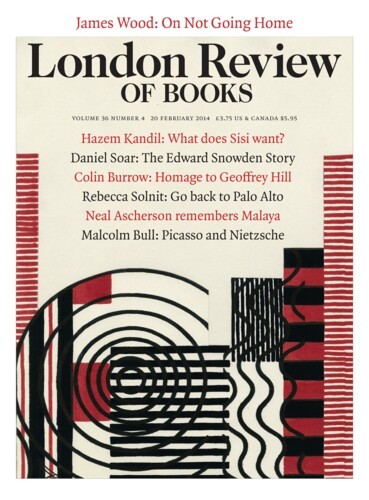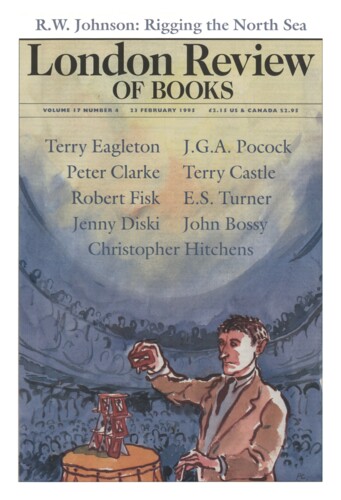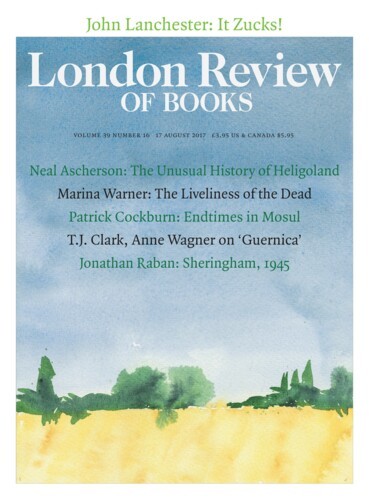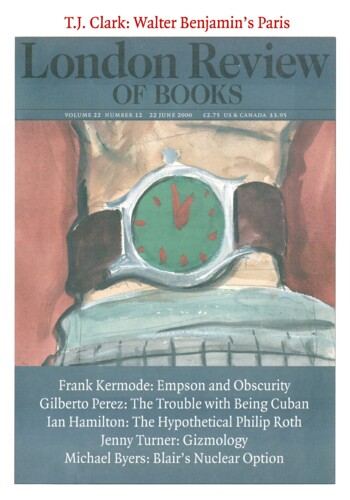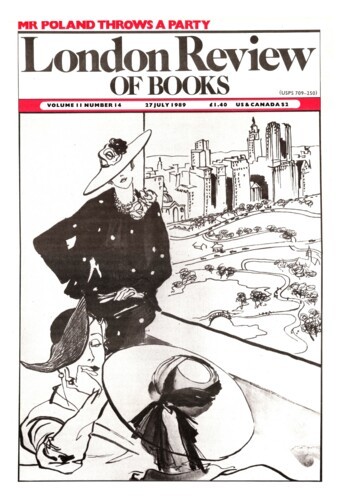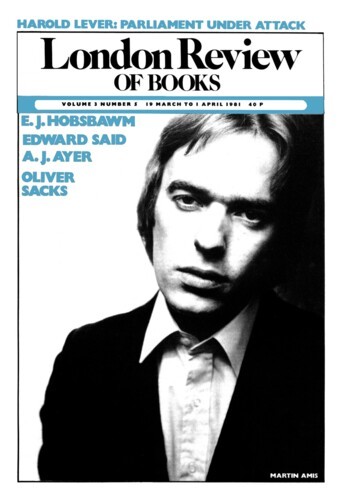On Not Going Home
James Wood, 20 February 2014
Exile is acute, massive, transformative, but secular homelessness, because it moves along its axis of departure and return, can be banal, welcome, necessary, continuous. There is the movement of the provincial to the metropolis, or the journey out of one social class into another. This was my mother’s journey from Scotland to England, my father’s journey from the working classes into the middle classes, my short drive from Durham to London.
